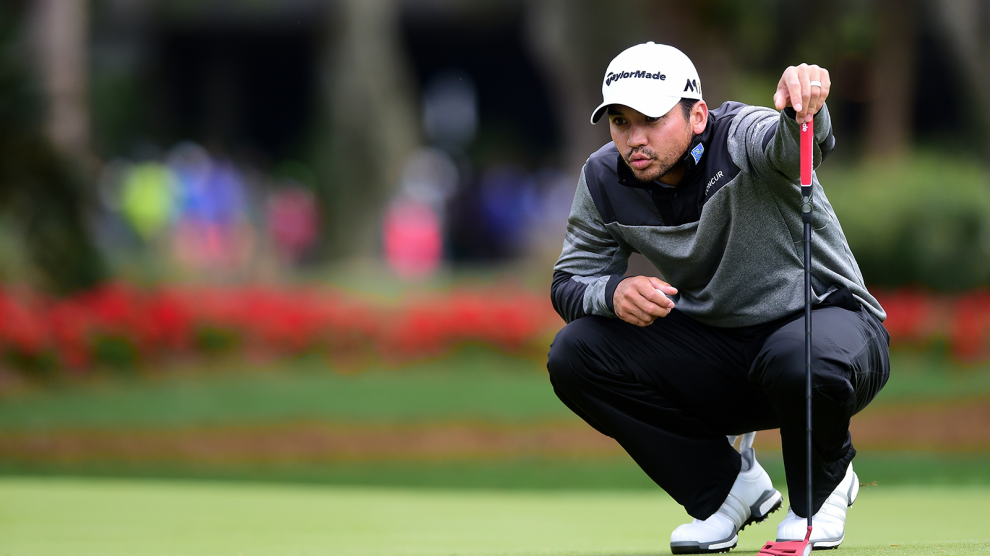SPRINGFIELD, N.J. -- In golf, 30 is the new 40, and 40 is the new 50.
Jason Day said Wednesday at PGA Championship media day at Baltusrol Golf Club that he might retire from pro golf at the age of 40.
"When I get to 40, I'm going to re-evaluate everything and then go from there," Day said. "Because when I get to 40, I would like to see where I'm at in my career because I might want to go, 'You know what, I'm done. I'm just happy with everything,' and I'm going to go off my merry way and I'll probably never pick up a golf club ever again."
Day, father of 3-year-old Dash and 8-month-old Lucy, said his children's interest in the game would factor into his decision. So, too, would be his health and his skill relative to his peers.
"But it also depends on if Dash is playing, if Lucy is playing, if I'm still competitive and my body's great, because I'm just trying to extend," he added. "What I'm doing with my body and with my golf game, I'm trying to extend the longevity of my career."
Day has been working with a trainer for more than a year in hopes of transforming his body in a way that would make injuries less likely. The world No. 1 said his trainer estimates he's some 18 months away from reaching his goal.
Atop the world ranking, it's hard to question Day's approach. He's winning at a prolific rate, unseen since Tiger Woods prowled the fairways. What's working for Day is a series of things that should be contradictory: a work ethic balanced by a commitment to family, a desire to keep his life private but a willingness to cash in the chips of being No. 1 in the world, as well a desire to remove stress while seemingly thriving off of it.
So, is this line of thinking about retiring at 40 also a contradiction? Getting in pinnacle fitness for longevity, but only to a point? With the money so great in golf these days, Day, as well any top 25 player, won't be hurting for money when they hit 20 years on Tour. That might pose a problem for PGA Tour Champions, which could well miss out on top-tier players who can lounge out on piles of dough.
That's a long ways away, though. For now, Day knows he'll wave the white flag when he loses the desire to chase a white ball.
"It's over when you don't want to improve anymore. It's over when you're done improving yourself on and off the golf course," Day said. "That's probably the biggest thing, because winning is taken care of by the process that you put into your game. The small victories that you have along the way, with regards to practicing that extra hour when you didn't really want to, or being out there practicing when you didn't want to practice that day. Going to the gym when you felt like, 'You know what, I'll just take a day off and go tomorrow.'"

